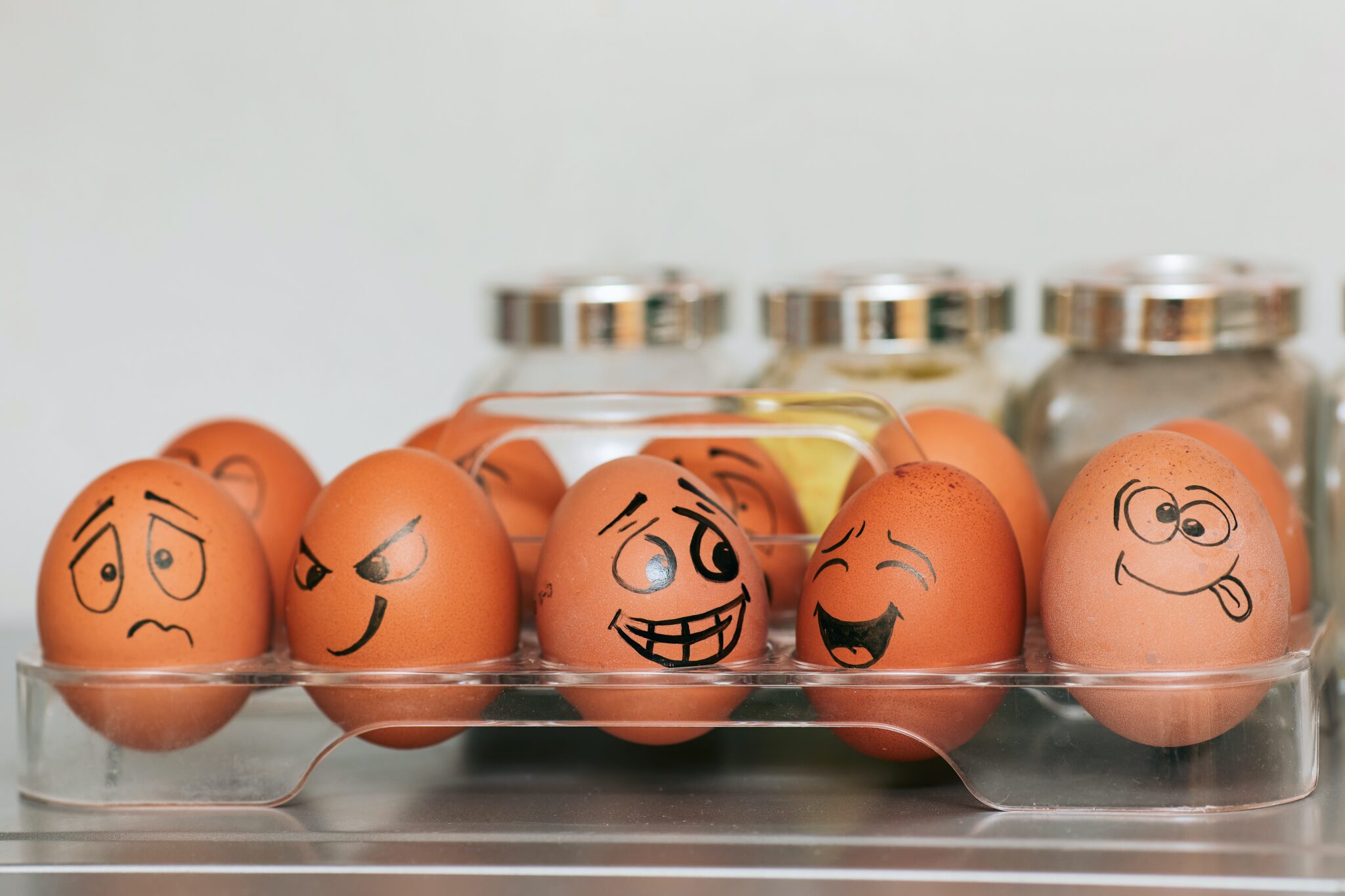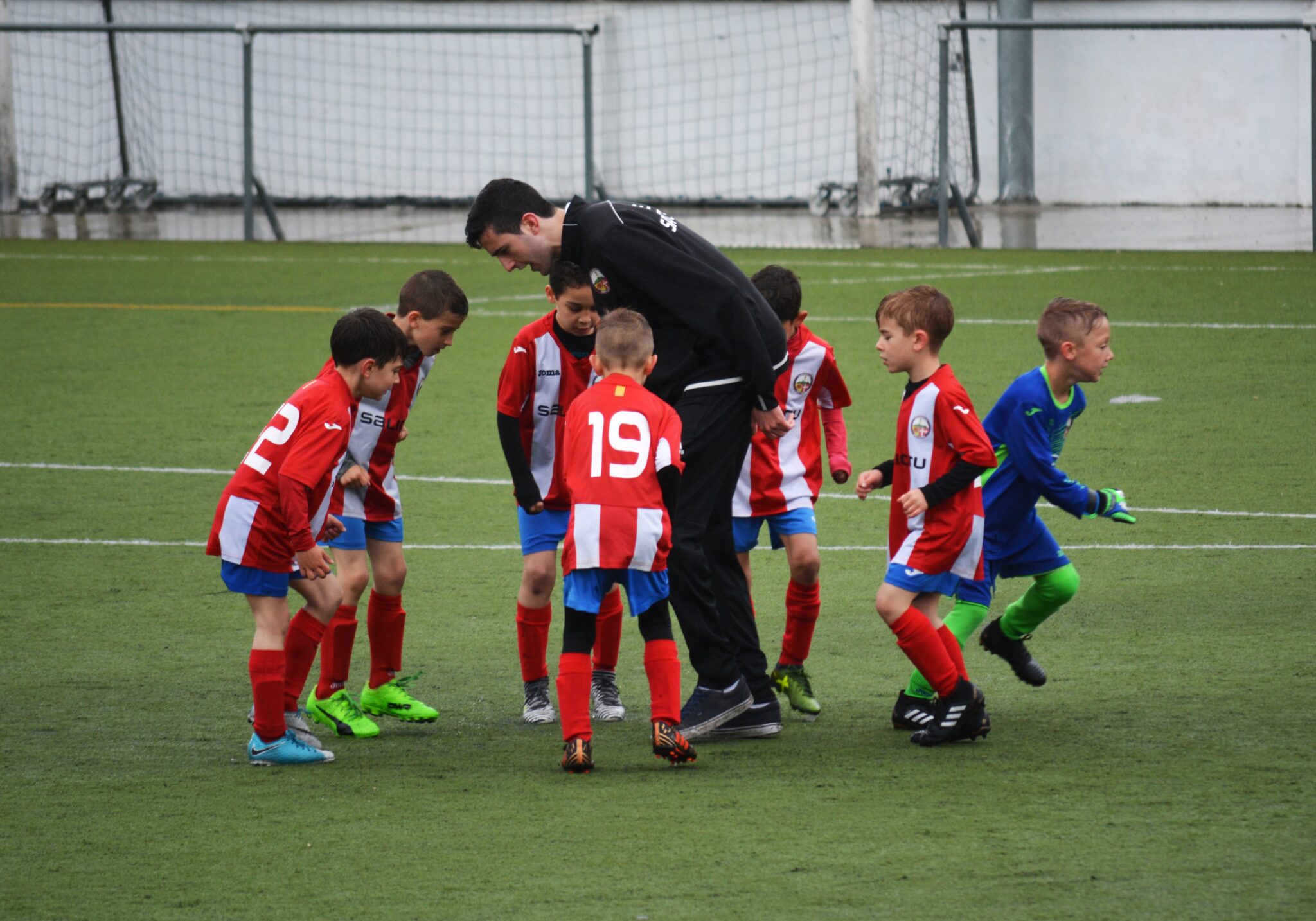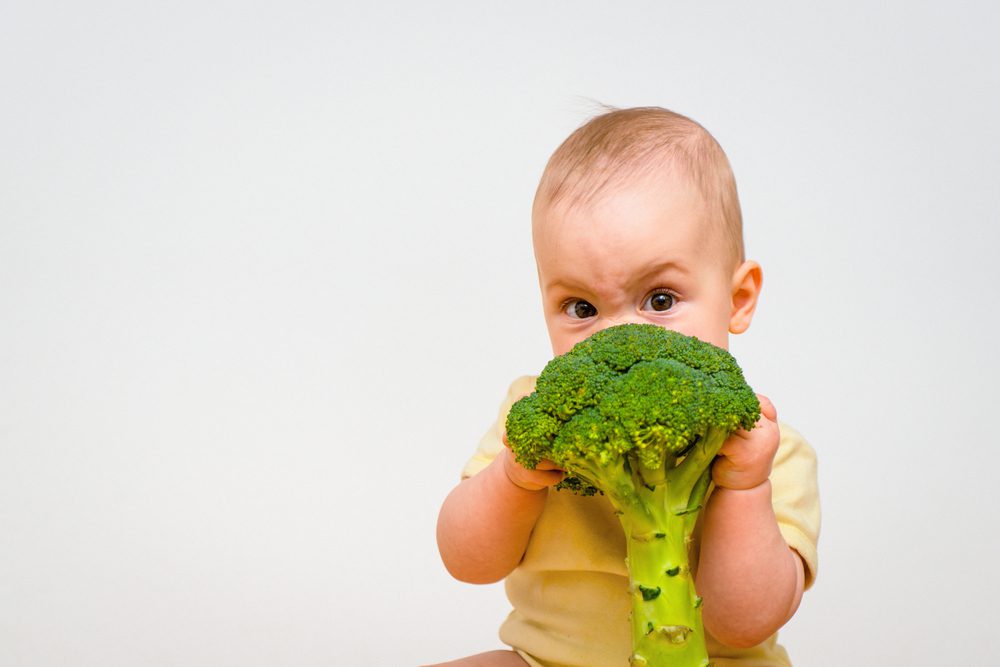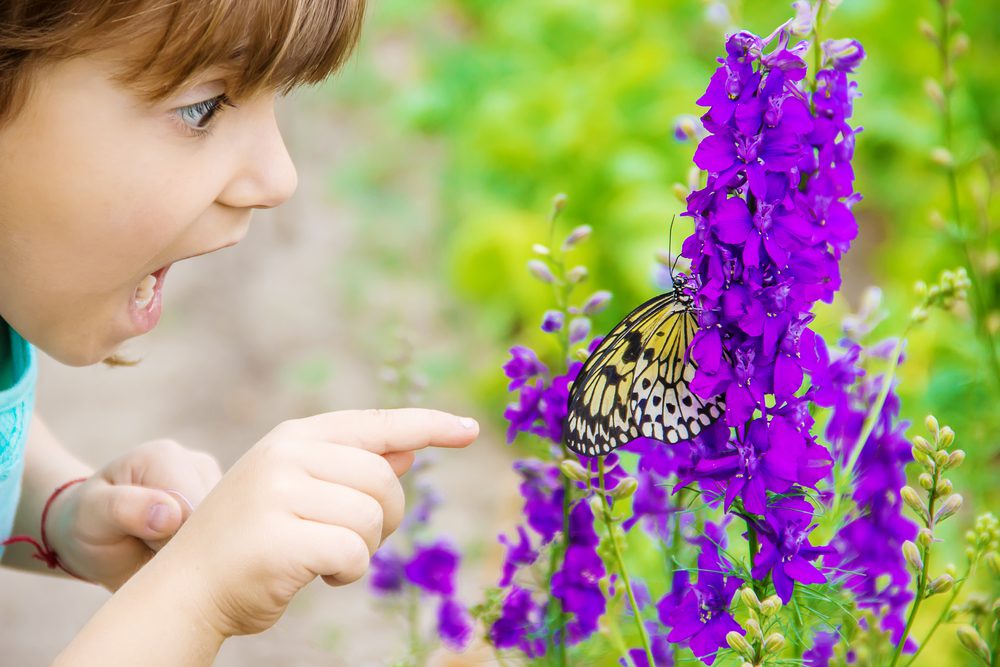Got Milk? Because of these two simple words, many Americans associate milk with an everyday product that can help build healthy teeth and bones. But is there truth in this claim, or is it just a clever marketing gimmick? Dr. Matt of Overland Park, KS, breaks down some insightful information about the benefits of milk and answers the most frequently asked questions about dairy and dental health.
How is milk beneficial for teeth and bones?
Yes, it’s true. Milk contains a natural sugar called lactose. Some parents worry that the sugar in milk impairs oral health the same way that processed white sugar does. Fortunately, studies prove otherwise, and science supports that milk can positively affect developing teeth and bones.
First of all, dairy milk is considered a whole food, and a single glass provides 18 out of 22 essential nutrients. Milk delivers what your body craves, with more calcium, zinc, phosphorus, potassium, and protein than just about any other food.
Comprehensively, studies suggest that milk and dairy products may help prevent cavities in children and adolescents. Famously, milk is an excellent source of calcium. One cup of milk offers nearly one-third of the recommended daily amount (RDA). Also, dairy products contain unique proteins called caseins. When casein combines with calcium and phosphorus, a protective film forms over the enamel. This lowers the possibility of tooth decay.
Why is milk vital for human development?
The demand for milk starts early. During a person’s first few days of life, a newborn requires 1 to 2 ounces of baby formula or breastmilk every 2 to 3 hours (or more). Drinking milk at a young age helps protect against bone loss later in life.
Dairy products (including breastmilk and formula) are a rich, assessable source of calcium. Furthermore, calcium is the most abundant mineral in the body, and your body stores almost all of it in your teeth and bones. Aside from constructing the bones and teeth, less than 1% of your body’s calcium is ionized and can be found in the circulatory system, extracellular fluid, and various tissues.
Calcium helps the body function by providing structural support and allowing normal bodily movement. Also, calcium is responsible for helping the heart, muscles, nerves, and other bodily systems function their best.
How long should a person drink milk?
Generally, pediatricians allow babies to drink cow’s milk instead of breast milk or formula after celebrating their first birthday. Even though there is an age limit to start drinking milk, there’s not one to stop. Most recent scientific evidence suggests that milk can be a healthy dietary staple throughout life that may protect against prevalent chronic diseases, such as childhood obesity.
What are some alternative sources of calcium?
We understand that milk and other dairy products may not be a part of a child’s diet because of lactose intolerance, preferences, and lifestyles. If you’re worried about your child being calcium deficient, please don’t!
You don’t have to limit your family to milk, cheeses, and yogurts to gain the positive effects of calcium. There are plenty of dairy-free sources of calcium, including almonds, chia and sesame seeds, green vegetables, and fortified tofu.
Call Smiles Dentistry for Kids to Keep Your Child’s Teeth Healthy
Above all, our Smiles Dentistry for Kids team is passionate about helping your child achieve the smile they deserve while gently guiding parents through childhood health and development hurdles. Schedule a pediatric dental appointment in Overland Park, KS, by calling (913) 685-9990 or messaging us online.









